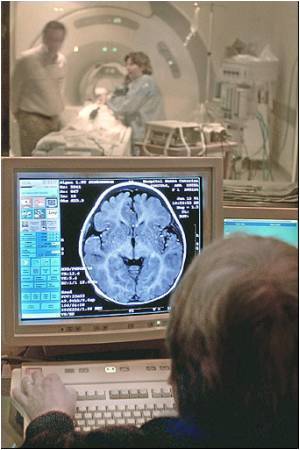A type of medication often prescribed for Alzheimer's disease (AD), improved some cognitive skills in patients with mild AD, a new study has found.

"Because many patients receiving a diagnosis of AD continue to drive in its early stages, it is critical that we assess driving safety among this population and identify therapies that may improve driving abilities. ChEIs are commonly prescribed for AD, yet little is known about how their potential treatment effects might impact a driver's skills," said Lori Daiello, PharmD, a research associate at the Rhode Island Hospital Alzheimer's Disease and Memory Disorders Center (ADMDC).
The primary analysis consisted of comparing the test performance of AD patients before starting ChEI treatment and after three months of therapy.n a secondary cross-sectional analysis, the subjects' pre-ChEI computerized test performances were compared to the abilities of a matched group of AD patients who had performed the same computerized tests while receiving stable ChEI therapy.
The treatment showed three results - improvement in the ability to accurately maintain lane position during the simulated driving task, visual search task was performed without simulated driving improved target detection accuracy in the visual search task and quicker visual search response times in both the pre- and post-treatment comparison and cross-sectional comparisons.
The investigators note that while the result is encouraging, this study lacked a direct measure of on-road driving performance and warrants further investigation.
The study is published in the June 2010 edition of the Journal of Clinical Psychopharmacology.
 MEDINDIA
MEDINDIA



 Email
Email










